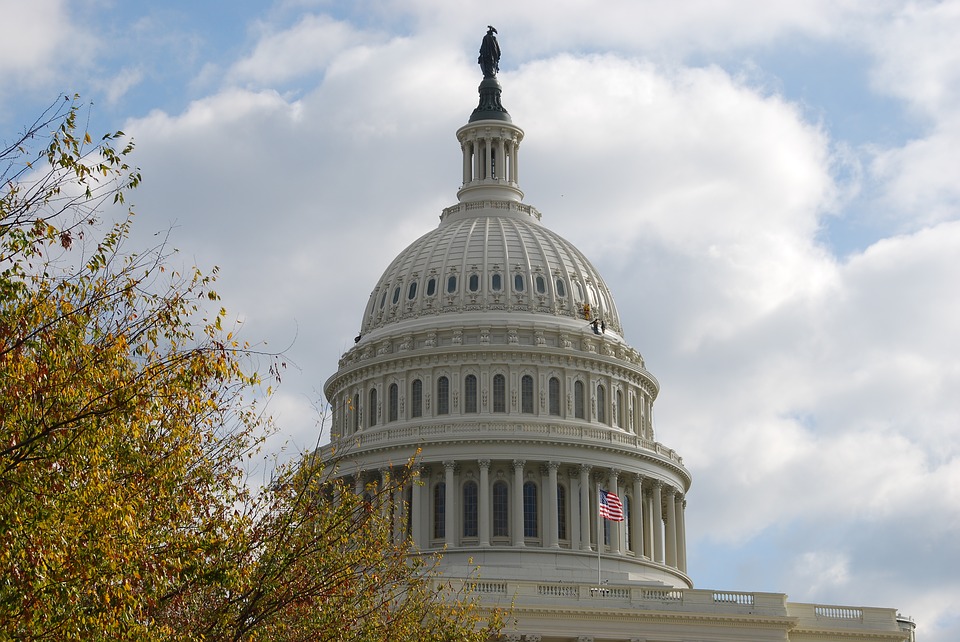You Cannot Begin a Crime in Good Faith
Remarks at Democracy Convention in Minneapolis on Aug. 5, 2017
This morning we handed out flyers on Kellogg Boulevard in St. Paul. We encountered very few who knew why it is called that. Frank Kellogg was a hero in the sense that a whistleblower is a hero. He was a Secretary of State who had nothing but contempt for peace activism, until peace activism became too powerful, too mainstream, too irresistible. Then Kellogg changed his view, helped create the Kellogg-Briand Pact, and as Scott Shapiro
Getting to Peace Through Local Governments
Remarks at the Democracy Convention, Minneapolis, Minn., August 5, 2017.
A school board member in Virginia once agreed to support creating a celebration of the International Day of Peace but said he would do so only as long as no one would misunderstand and get the idea that he was opposed to any wars.
When I talk about using local governments to get to peace, I do not mean peace in my heart, peace in my garden, city council meetings in which fewer projectiles are thrown at other people, or any
Prosecuting Famine Creation
Remarks at the Democracy Convention, Minneapolis, Minn., August 4, 2017
I was asked to speak about prosecuting weapons dealers and war makers with a focus on Saudi Arabia. There are, I think, many ways that one could go about that. I say this as a non-lawyer, with certain perverse preferences that lawyers generally don’t share.
For example it’s my belief that if a president declares a bill to be unconstitutional and simultaneously signs it into law, he hasn’t done something sophisticated and
Why We Can and Must End Our Greatest Crime
Remarks on August 3 at Democracy Convention in Minneapolis.
It’s unusual on Kellogg Blvd. in St. Paul to encounter anyone who knows why it’s named that. A bunch of us are going to go over there with flyers Saturday morning and I hope you’ll join us.
Nobel Peace Prize laureate Frank Kellogg of St. Paul has his name on the treaty whose creation was probably the single biggest news story of 1928, the Kellogg-Briand Pact, a treaty listed as in effect on the U.S. State Department’s website, a
David Swanson and Medea Benjamin: The Case for Abolishing War
Leah Bolger and Norman Solomon – Do the People Want War?
Talk Nation Radio: Kathy Kelly on Stopping Permanent War
During each of 20 trips to Afghanistan, Kathy Kelly, as an invited guest of the Afghan Peace Volunteers, has lived alongside ordinary Afghan people in a working class neighborhood in Kabul. She and her companions in Voices for Creative Nonviolence believe that “where you stand determines what you see.” In June, 2016, Kathy participated in a delegation that visited five cities in Russia, aiming to learn about Russian opinions regarding NATO exercises taking place along their border. Kelly
Congressional Opponents of Sanctions As Nuts As Supporters

By David Swanson, American Herald Tribune
Both houses of Congress have now passed big new sanctions bills by veto-proof majorities, in fact with near unanimity. The vote this week in the House of Misrepresentatives was 419–3 on a bill to sanction Russia, Iran, and North Korea as punishment for primarily imaginary crimes, despite the sum total of the global legal bodies having asked the United States to judge these crimes, skip over a trial, and move right ahead with punishment being exactly equal
Why and How to Bring Environmental and Peace Movements Together
If war were moral, legal, defensive, beneficial to the spread of freedom, and inexpensive, we would be obliged to make abolishing it our top priority solely because of the destruction that war and preparations for war do as the leading polluters of our natural environment.
I happened to read a report this week from a U.S. environmental think tank that advocates for the U.S.

